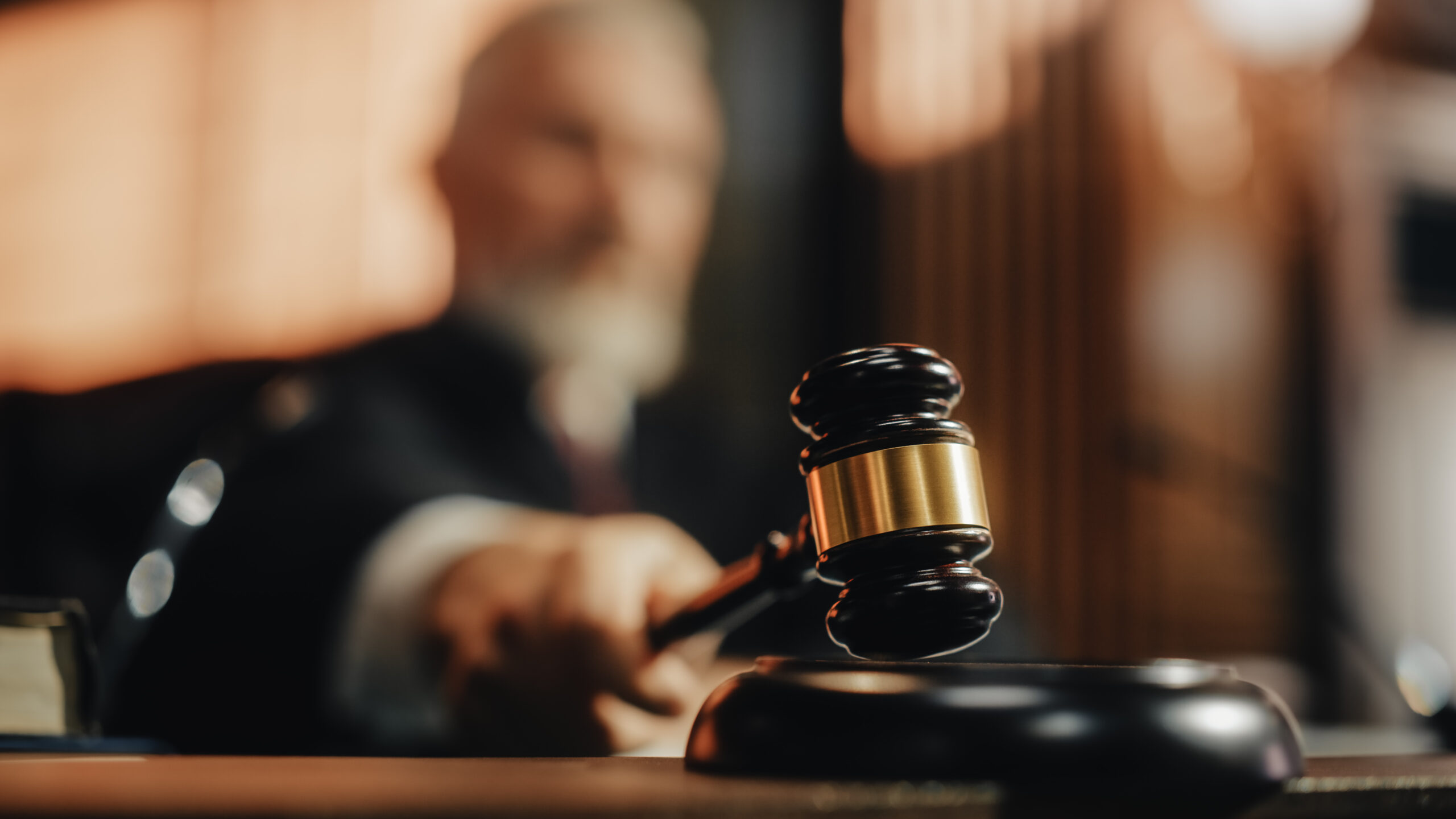When individuals suffer harm or injury due to the negligence or intentional misconduct of others, personal injury law provides a way for them to seek compensation for their losses. While compensatory damages are meant to cover the actual losses incurred, punitive damages serve a distinct purpose. Discover the concept of punitive damages in personal injury cases, exploring their purpose, criteria for awarding them, and their significance in promoting justice and deterrence.
Defining Punitive Damages
Punitive damages, also known as exemplary damages or vindictive damages, are awarded in certain personal injury cases to punish the wrongdoer for their horrific conduct and to deter similar actions in the future. Unlike compensatory damages, which aim to make the victim whole by compensating for specific losses, punitive damages are intended to send a message to the responsible party and others that such conduct will not be tolerated.
The Purpose of punitive Damages
The primary purpose of punitive damages is to discourage reckless, malicious, or intentionally harmful behavior. By imposing additional financial penalties beyond compensatory damages, the legal system aims to hold wrongdoers accountable and send a strong signal that certain conduct is unacceptable.
Criteria for Awarding Punitive Damages
Punitive damages are not awarded in every personal injury case. Their availability and criteria for awarding them vary by jurisdiction and are generally subject to specific legal standards. The key criteria for awarding punitive damages include:
- Gross Negligence or Intentional Misconduct: Punitive damages are typically reserved for cases where the defendant’s actions were more than mere negligence. The conduct must rise to the level of gross negligence or deliberate wrongdoing.
- Wanton or Reckless Behavior: Courts consider whether the defendant acted with a conscious disregard for the safety and rights of others. If the conduct was particularly reckless or wanton, punitive damages may be appropriate.
- Clear and Convincing Evidence: The burden of proof for punitive damages is higher than for compensatory damages. In most jurisdictions, plaintiffs must provide clear and convincing evidence of the defendant’s egregious conduct.
- Proportional to Compensatory Damages: The amount of punitive damages awarded should be proportionate to the compensatory damages. The punitive award should not be excessive or punitive beyond reason.
Role in the Legal System
Punitive damages play a vital role in the legal system by serving as a deterrent against future wrongdoing. They discourage individuals and corporations from engaging in reckless or harmful behavior, as the potential financial consequences can be substantial.
Public Policy Considerations
The availability and extent of punitive damages are often shaped by public policy considerations. Courts consider factors such as the severity of the misconduct, the potential impact on public safety, and the need to hold wrongdoers accountable to protect the community.
Caps on Punitive Damages
In some jurisdictions, there are caps or limitations on the amount of punitive damages that can be awarded. These caps aim to strike a balance between providing sufficient deterrence while avoiding excessive or punitive awards.
Controversies
Punitive damages have been the subject of considerable debate within the legal community. Critics argue that large punitive awards can lead to unpredictability and abuse of the legal system. On the other hand, proponents argue that they are essential for promoting accountability and preventing future harm.
Punitive damages in personal injury cases serve a crucial role in promoting justice and deterring reckless conduct. While they’re not awarded in every case, when the criteria are met, punitive damages can provide a powerful message to wrongdoers and the community. By imposing significant financial penalties, the legal system aims to discourage harmful behavior and foster a safer society. Understanding the purpose and criteria for awarding punitive damages enhances our appreciation for their role in the pursuit of justice within personal injury law. Shane Gosdis is dedicated to getting the compensation you deserve. To schedule a consultation call (385) 429-9960 or email s@gosdis.lawyer today.




